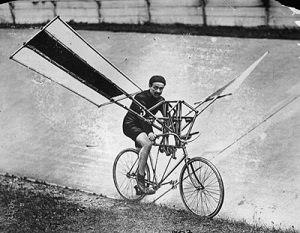With Columbus Day often comes attention to the bravery, determination, and daring demonstrated by Christopher Columbus and other intrepid explorers who helped discover new continents. Where would we be had these men been meek, timid, and easily deterred?
While there may not be many uncharted territories for us to conquer today, and certainly little time to do so amongst our hectic daily lives, there is still value in the concept of exploration, and we can accomplish it in ways other than sailing the high seas to unknown lands.
Many of us feel comfortable encouraging our children to explore, but how comfortable are we in allowing ourselves to engage in exploration? How often do we seek out new experiences for ourselves? Adults benefit from exploration, too. For example, trying new things can increase self-confidence, help us learn a new skill, allow us to meet new people, and encourage us to grow.
Here’s a list of 5 simple ways we can bring a sense of exploration into our lives:

- Take a different route to work, the store, etc. We may discover a place we hadn’t known about, find a new “favorite house,” or see a flower we'd like to have in our own yard.
- Take a class. Many Community Colleges offer non-credit “Community Education” courses for reasonable fees. Some last only one session, while others may last several weeks. Topics span from crafts to computers, so there’s likely to be something that piques our interest.
- Try a new food. If we've always wanted to try kimchi, there’s no time like the present. And we should treat ourselves—make sure that whatever we are trying, we find the best version we can. Whether it’s a restaurant or our culinary gifted neighbor, we need to make sure our first taste is the good stuff.
- Take a social step. We can join a local group we have always wanted to learn more about. It could be an environmental group, charity group, or even and adult sports league.
- Start a “bucket list.” List everything we'd like to do, big and small, and start crossing those items off!
As we try new things, we might experience a little trepidation, and that’s normal! But we should approach our new experiences with openness and curiosity, and see them as an experiment. We may learn that something doesn’t work for us, but that’s okay—we’ve learned and grown because of it. We can give ourselves credit for putting ourselves out there, and be proud that we have now joined the ranks of those brave enough to call themselves “Explorers.”
For additional reading on trying new things, check out these sites:
Trying New Things
Why Trying Things is So Important
